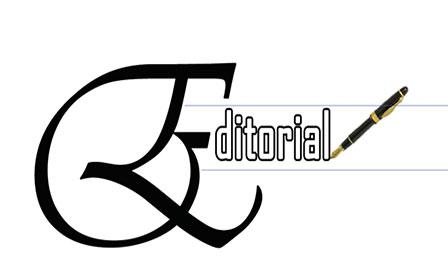
‘Better late than never’ aptly describes responses given to world heritages in dire need of refurbishment—Obelisks of Axum and Rock-Hewn Churches of Lalibela.
Experts both from universities and government entities have been voicing their concerns on the risks the heritages are faced with while media institutions as well been investing their air time and spaces, often to no avail, as practical actions were far from being taken.
Over the fiscal year in effect, the administration led by Prime Minister Dr. Abiy Ahmed has shown his commitment to the restoration of the heritages. The premier himself witnessed the degree of the risk first hand; he visited the stale of Axum in Tigray State on June 10, 2019, and received French President Emmanuel Macron in the medieval city of Lalibela in March this year.
No sooner, the Italian Ambassador to Ethiopia Arturo Luzzi met with premier Abiy and held discussions on “activating the restoration work [of Axum Obelisks]”. The ambassador also is said to have indicated as “a high-level delegation, organized by the Italian Ministry of Foreign Affairs, will arrive in Addis Ababa sometime next week in relation to the Axum obelisks,” according to the Office of the Prime Minister’s official Facebook page.
It is to be recalled that the Prime Minister already secured the support of Italian Government on the sidelines of the Belt and Road Forum (BRF) in China as he discussed the issue with his Italian counterpart, Giuseppe Conte.
Similarly, during his visits to Ethiopia, President Emmanuel Macron also vowed to assist in the restoration of the Rock-Hewn Churches of Lalibela. Respective ministers of both sides also signed an agreement that leaders of both countries witnessed.
Despite long ignored the speedy measures and the ensuing diplomatic achievement the premier gathered have brought promising results to the restoration of the UNESCO registered and the nowhere else to be found assets.
As the respective ancient and medieval heritages are prone to weathering and other natural and man-made risks, scientific assessment on the degree of the risks and appropriate actions are all too important matters at this point in time.
The two governments which have shown keen interests to rehabilitate the sites could be described nothing other than ‘a friend in need is a friend indeed’. What must be noted here is, however, as the sites are in critical need of restoration, the verbal and written agreements ought to get translated into practical tasks. For this, relevant government bodies have to work hard until the restorations come true.
The measures are late but it should not be too late. It is a matter of saving the civilization of humanity. Of course, as the works could require high-level expertise and finance, the restoration may take time. But it should be started sooner than later.
Above all, the government and educational institutions of the country have to look into themselves. How long do we, as a society, appeal to the international community and our friends, it is high time to draw lessons out of these and build a capacity to restore our heritage with our expertise!
The Ethiopian Herald, June 14/2019





